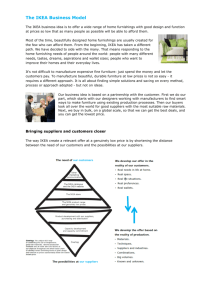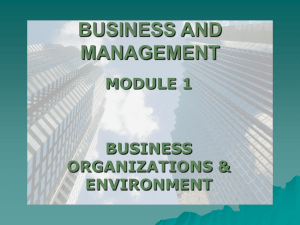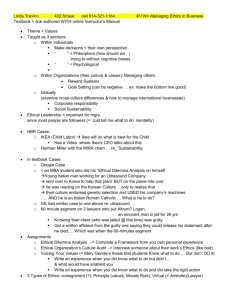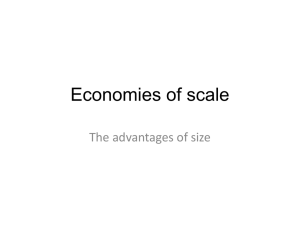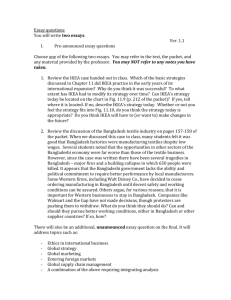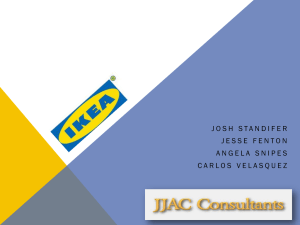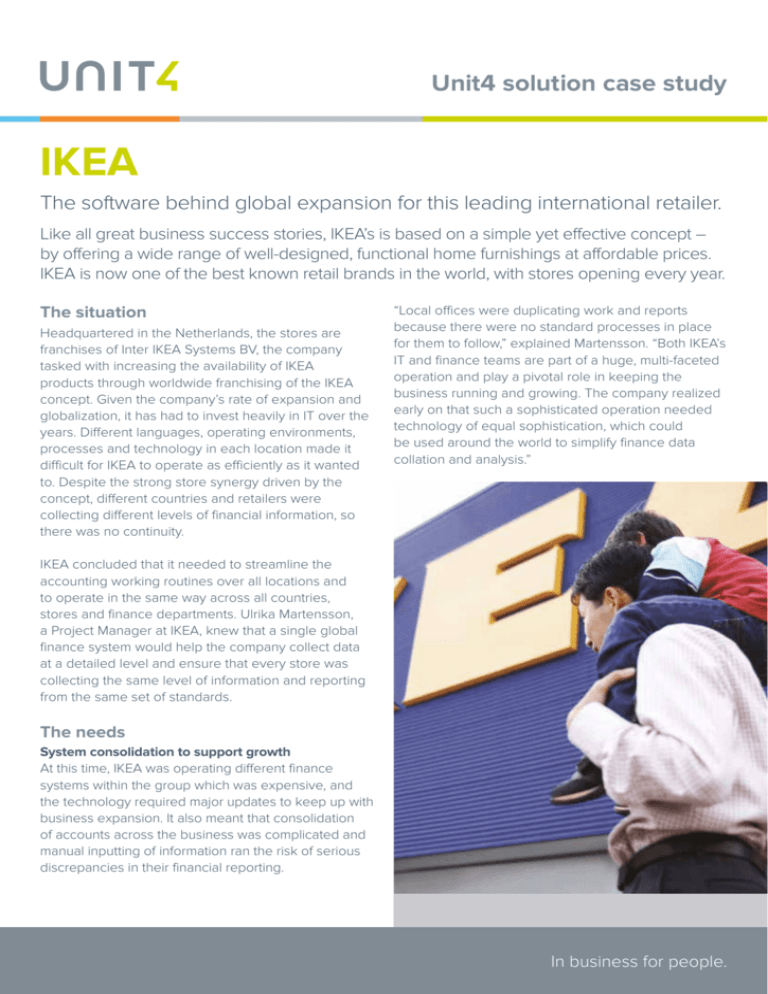
Unit4 solution case study
IKEA
The software behind global expansion for this leading international retailer.
Like all great business success stories, IKEA’s is based on a simple yet effective concept –
by offering a wide range of well-designed, functional home furnishings at affordable prices.
IKEA is now one of the best known retail brands in the world, with stores opening every year.
The situation
Headquartered in the Netherlands, the stores are
franchises of Inter IKEA Systems BV, the company
tasked with increasing the availability of IKEA
products through worldwide franchising of the IKEA
concept. Given the company’s rate of expansion and
globalization, it has had to invest heavily in IT over the
years. Different languages, operating environments,
processes and technology in each location made it
difficult for IKEA to operate as efficiently as it wanted
to. Despite the strong store synergy driven by the
concept, different countries and retailers were
collecting different levels of financial information, so
there was no continuity.
“Local offices were duplicating work and reports
because there were no standard processes in place
for them to follow,” explained Martensson. “Both IKEA’s
IT and finance teams are part of a huge, multi-faceted
operation and play a pivotal role in keeping the
business running and growing. The company realized
early on that such a sophisticated operation needed
technology of equal sophistication, which could
be used around the world to simplify finance data
collation and analysis.”
IKEA concluded that it needed to streamline the
accounting working routines over all locations and
to operate in the same way across all countries,
stores and finance departments. Ulrika Martensson,
a Project Manager at IKEA, knew that a single global
finance system would help the company collect data
at a detailed level and ensure that every store was
collecting the same level of information and reporting
from the same set of standards.
The needs
System consolidation to support growth
At this time, IKEA was operating different finance
systems within the group which was expensive, and
the technology required major updates to keep up with
business expansion. It also meant that consolidation
of accounts across the business was complicated and
manual inputting of information ran the risk of serious
discrepancies in their financial reporting.
In business for people.
The solution
IKEA found the answer in Unit4. Unit4 was chosen to
achieve the long term goal of having one common
finance system globally that would make accounting
quicker and easier. A big and high profile project at the
time, Financials was implemented in Sweden, servicing
Europe, in Philadelphia, servicing North America and in
China, servicing IKEA operations in Asia.
The benefits
Process improvements come with updated
technology
IKEA underwent a major project to upgrade its
software and to design and implement a single format
for its global Chart of Accounts. At the same time, it
also decided to implement Cognos tools for ad-hoc
reporting and business intelligence.
“Having a common Chart of Accounts across
the business was important to us,” continued
Martensson. “It means that information contained
in the Unit4 system can easily be compared like for
like. Information about performance in any country
can be accessed easily and everyone knows what
that item relates to because we are working to the
same project costs and codes. Stores report from
the system into a central point in their country and
then report financial data to our head office in the
Netherlands six times a year. Using Cognos to report
from the Unit4 system over the web has made
this simpler and quicker as more processes are
automated.”
Smooth interfacing means joined up performance
Using a standard Chart of Accounts that updates
information in real time from IKEA’s operational
systems, means each store has on-demand access
to real-time performance data. Unit4’s IT architecture,
makes system integration seamless, so financial
reports are more accurate because staff don’t spend
as much time inputting data manually. The risk of
manual error has been reduced and month end and
year end reporting times have improved considerably.
“The Unit4 solution is excellent for obtaining
performance information when you need it,” said
Martensson. “Forecasts are held so they can be
reported against and we can see information relating
to transactions and performance at a very detailed
level.
2 Unit4 case study
“The Unit4 solution is integrated with Cognos
Controller for Group Consolidation. There are
eight operational feeder systems interfacing with
the Financials system from each country including
merchandising and inter-company invoicing, a system
that measures B2B sales, a separate freight invoice
system, a central system for staff costs like travel
expenses and of course the different country payroll
systems. Interfacing is straightforward once you know
the Unit4 system. We are very advanced in our use of
technology as we have an IT department that is keen
to look at new technologies as they become available.”
A global culture shift
With globalization and changing processes comes
a lot of culture change within the countries. IKEA
has undergone intensive user training on the Unit4
software since the new Chart of Accounts was
produced. “Because our finance teams were already
using the system, the new Chart of Accounts and web
version were accepted pretty well. We spent time on
training and explained that one reason for developing
a common accounting structure was in preparation
for a move towards a shared services model for
operational processes so that we can automate more
and become even more efficient as an organization.”
IKEA currently uses shared services in Europe and
Asia for handling invoices relating to goods and
freight, which has saved a lot of time and money.
Because the Unit4 solution can be implemented as
a ‘single instance’ application and accessed from
anywhere, it fits the shared services model well. IKEA
is in the process of implementing a workflow solution
for other invoices which will eventually be moved to
a shared service model, although they will always
maintain local legal accounting knowledge in each
country location.
The system’s ability to support multi-lingual businesses
is another reason why large enterprises choose it.
At IKEA, everybody uses English in the main, but its
Chinese finance team for example has the option
to set up menus in Chinese and local descriptions
of accounts are available everywhere. Technical
support and maintenance of the system is provided
centrally from IKEA’s IT team in Frankfurt am Main
and application support is provided from Brussels
which makes adding new stores very easy. The team
in Belgium sets up each new country or store in the
Unit4 system as required. Each finance team is then
responsible for its own user setup and training based
on a train the trainer concept.
Process speed and efficiency – a recipe for success
As IKEA continues to grow, Martensson believes
that a common structure and the ability to analyze
transactions and where they came from will become
more and more important. IKEA is a private company
but still needs to be accountable locally for the
information that is held in its systems.
IKEA’s systems help it to be a tight operation,
conducted with precision and control which is
essential for such a cost sensitive business. “It’s all
about reducing costs so that we can continue to offer
the same quality of furniture that we do now and keep
the prices low,” said Martensson.
IKEA’s success comes down to a great concept,
quality merchandise and excellent execution. Speed
and efficiency are essential in keeping costs down
and this is carried over into the company’s systems
strategy. The Unit4 Solution has grown with IKEA as it
has evolved into a multi-national business. “Of course,
the software has changed and grown up over time,”
Martensson concluded. “The technology is much
more advanced than when we first started using it
back in the ’90s. The fact that it has kept up with the
requirements of a growing business like IKEA shows
it can stand the test of time and is a good software
investment for any organization where speed and
efficiency are key.”
About Unit4
Unit4 is a leading provider of enterprise applications empowering people in service organizations. With annual
revenue north of 500M Euro and more than 4000 employees world-wide, Unit4 delivers ERP, industry-focused
and best-in-class applications. Thousands of organizations from sectors including professional services,
education, public services, not-for-profit, real estate, wholesale, and financial services benefit from Unit4
solutions. Unit4 is in business for people.
unit4.com
Unit4 N.V.
Stationspark 1000
3364 DA Sliedrecht, Postbus 102
3360 AC Sliedrecht, The Netherlands
T +31 (0)184 44 44 44
F +31 (0)184 44 44 45
E info.group@unit4.com
Copyright © Unit4 N.V.
All rights reserved. The information contained
in this document is intended for general
information only, as it is summary in nature
and subject to change. Any third-party brand
names and/or trademarks referenced are
either registered or unregistered trademarks
of their respective owners.
CS150410INT-5489


